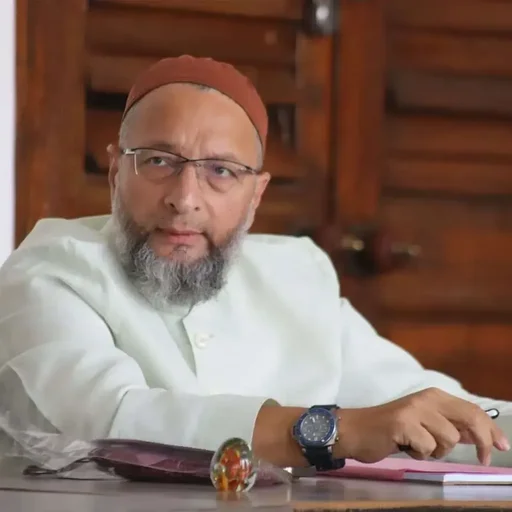Asaduddin Owaisi, a Member of Parliament, has publicly criticized Uttarakhand’s recently enacted Uniform Civil Code (UCC). He argues that the new law is not genuinely uniform because it excludes certain parts of Hindu personal laws and tribal communities. Speaking to the media on Tuesday, Owaisi explained that these exclusions make the UCC unfair and question its very claim to being a uniform code for all.
Owaisi specifically pointed out inconsistencies in the UCC. He noted that some parts of the Hindu Marriage Act and the Hindu Succession Act have not been included. Furthermore, he highlighted the significant exclusion of tribal communities. This selective approach, according to Owaisi, creates a law that is discriminatory, not uniform. He emphasized that a truly uniform code should apply to all citizens equally, without exemptions based on religion or community.
The AIMIM leader stated that the term “Uniform Civil Code” is misleading because of these exemptions. He argued that the law cannot be considered uniform when it makes exceptions for certain communities and laws like the Hindu Marriage Act and Hindu Succession Act. This statement emphasizes his belief that the Uttarakhand UCC is flawed legislation. Owaisi’s criticism adds to the ongoing discussions around the UCC and raises concerns about how it might be applied elsewhere in India.
The debate surrounding the Uniform Civil Code continues to be a major point of contention in Indian politics and society. Many legal, social, and political factors are involved in this discussion. Owaisi’s statements will probably encourage further debate about fairness, inclusivity, and what it means for a law to be uniform. The UCC in Uttarakhand has become a primary example for this debate, and Owaisi’s arguments highlight the challenges of implementing such a code in a diverse country like India. The AIMIM party has voiced strong opposition to the code and is expected to continue challenging its legitimacy.
